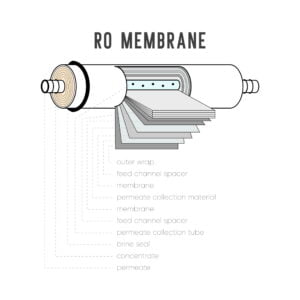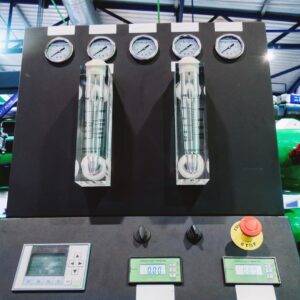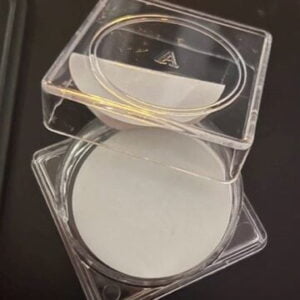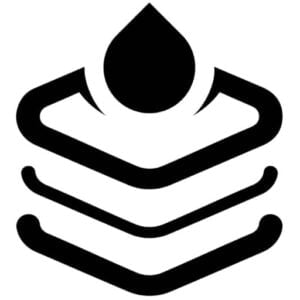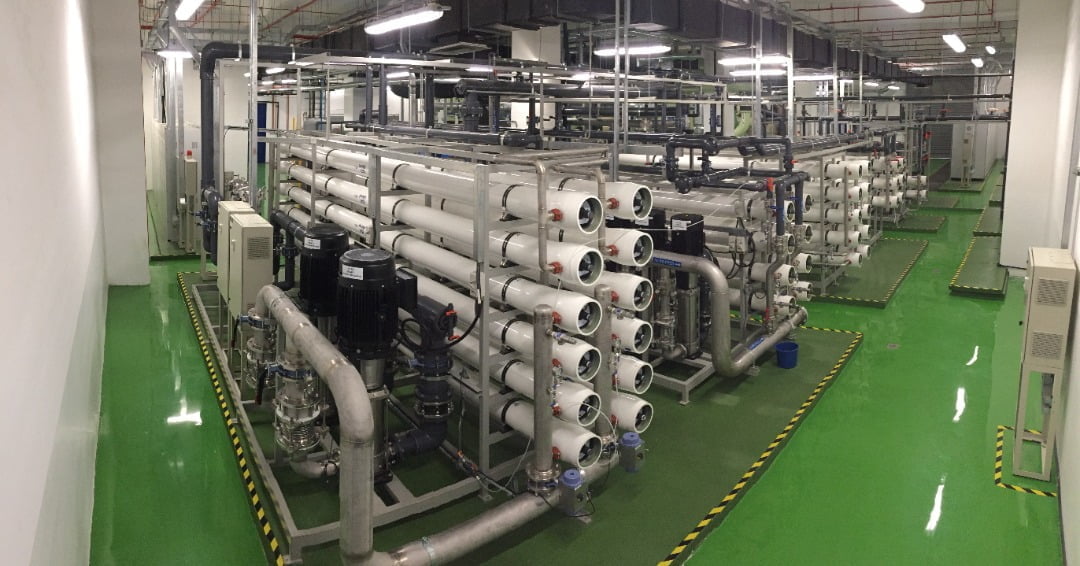
Renting vs. Buying Reverse Osmosis Equipment: Which is the Best Option for You
Full disclosure on this post, I work for a company that rents RO equipment. But the purpose of this post it to discuss the pros and cons of both. In general buying or renting does depend on the companies individual circumstances, available CAPEX/OPEX, duration required and maintenance considerations.
Purchasing equipment may be the first though when it comes to a requirement for a fixed asset water treatment solution. It gives the buyer the ability to control the design and provision of the equipment, allowing for customisation based on specific needs. For most companies, however, this requires a substantial upfront investment.
Before purchasing any equipment, significant engineering work is required to ensure that it meets the organisation’s needs and integrates seamlessly with current processes. In order to ensure a successful installation, engineering procedures will need be developed, and maintenance procedures put in place in order to achieve a successful installation and operation..
After installation, maintenance and repairs will need to be performed. If the equipment is not covered by a warranty, these costs can add up over time. It may be necessary to upgrade or purchase replacement equipment when equipment becomes outdated or needs to be replaced.
For those who have a short-term need for purified water, renting RO equipment can be a good option. Moreover, it may also be a cost-effective option for those who do not have the funds to purchase a piece of equipment outright or who are not eager to invest a great deal of money into it. Additionally, you may be able to access the latest and most advanced technology without having to invest a large amount of capital, which is an additional benefit of renting.
In spite of this, renting can also have some downsides. It may cost you more over time to rent equipment than to purchase it outright, for instance, since rental fees may add up over time. Depending on your specific needs, rental equipment may also be limited in terms of customisation or capacity. This could be a problem if you have unique or changing needs over time. In most cases, though, if you choose the right rental company, equipment can be easily added and modified.
It is critical to keep in mind that the decision to rent or purchase RO equipment depends on the companies individual circumstances. This includes the length of time required, the cost, and the maintenance provision and technical ability. In cases where you have short-term needs or are on a budget, renting may be a viable choice, while buying might prove to be more cost-effective and customised if you have long-term needs. Another option to consider may be multi-year rental which is becoming popular option. If you decide to rent, it is essential to choose a reliable and reputable provider. This will ensure proper maintenance and upkeep of the equipment no matter what the decision may be.

